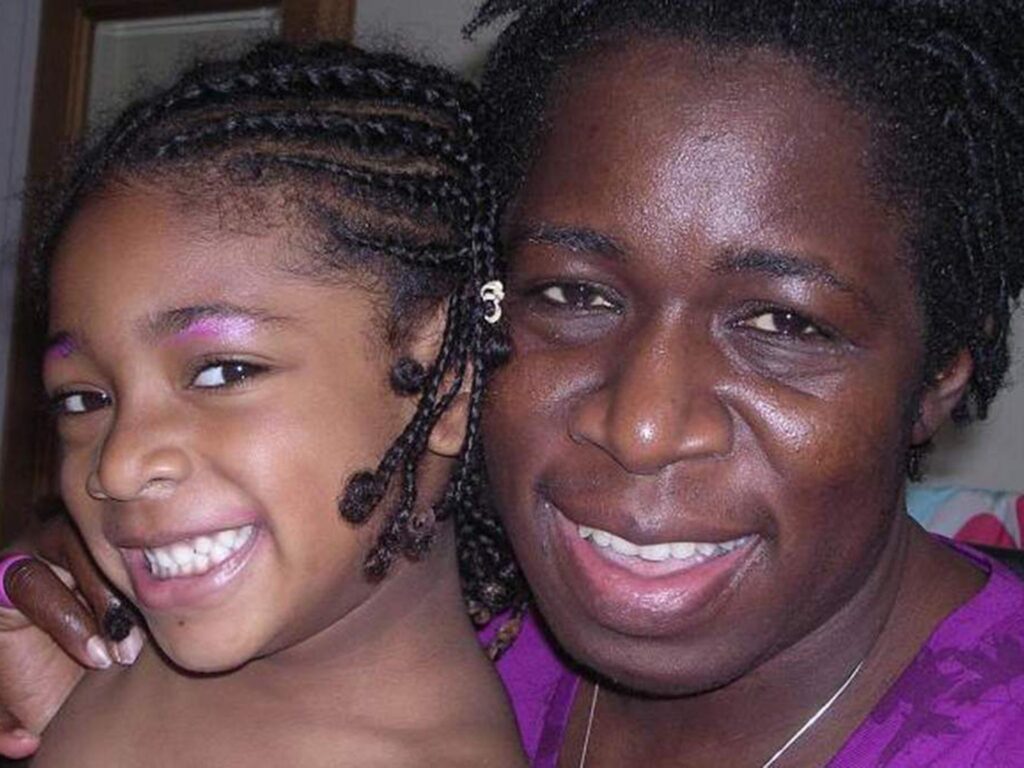BLACK LONDONERS are living in the most polluted areas, a new report has found.
The study, by London City Hall, chimes with previous research which also found a correlation between bad air quality and neighbourhoods where Black communities are most concentrated.
The findings come ahead of a court judgement next Tuesday over mayor Sadiq Khan’s planned expansion of the ultra low emissions zone (ULEZ) to outer London.
Conservatives in the capital have sought to capitalise on suburban opposition from more leafy boroughs, and have made ULEZ their number one campaign message in the Uxbridge byelection.
Earlier this week, The Voice reported comments from the mother of a 9-year-old whose cause of death was recorded as air pollution, who said air quality was a race issue.
Rosamund Adoo-Kissi-Debrah, whose daughter Ella died of severe asthma in 2013 caused by dirty air, said ULEZ was needed because the South Circular near where she lives – which is outside the current zone – was killing local residents.

The new report shows a shocking difference in air quality breathed by London’s communities with Black Londoners are more likely to live in areas with more polluted air.
Without ULEZ, London is forecast to remain above World Health Organisation (WHO) targets for concentrations of dangerous nitrogen dioxide and particulates.
Professor Kevin Fenton, a health advisor to government at the Office for Health Improvement and Disparities, warned that action was needed to improve life expectancy.
He said: “Air pollution is one of the biggest public health risks we face in the UK right now. It increases our risk of developing cardiovascular and respiratory diseases, reduces people’s life expectancy, and research is beginning to show it has serious implications for our mental wellbeing and brain health.
“And while air pollution can be harmful to everyone – affecting people from birth to old age – the reality is that there are some people who are more at risk due to increased exposure to high levels of air pollution in their day-to-day lives.
“That’s why taking bold action to improve London’s air quality must continue to be a public health priority. It’s crucial to reducing the health impacts and disparities seen across communities in our city, and protecting all Londoner’s health and wellbeing right now and for future generations.”

A previous study by Imperial College London found that the most ethnically-diverse neighbourhoods have the worst air pollution. Government figures show that those most affected by air pollution are also least likely to own a car.
But Tories accused Khan of waging a “war on motorists”, with prime minister Rishi Sunak accusing the mayor of “not listening to the public” which suggested the only citizens worth listening to were opponents of ULEZ.
Agnes Agyepong, CEO Global Black Maternal Health said: “If we could see the air that we breathe, we would see the inequalities in the air in different communities in London.
“Air pollution is an invisible killer, and Black communities are more likely to suffer the fatal effects of air pollution than other communities.
“Pregnant women exposed to air pollution are more likely to have children who are born prematurely, underweight or stillborn and to have reduced live birth rate and maternal depressive symptoms and Black pregnant women and mothers are at the highest risk.
“We cannot wait decades for change to happen, we need action today and greater education and awareness of the harmful effects of the air that we are breathing and everything that we can do to protect ourselves and our families.”
Khan has pledged to spend the predicted £200 million income from ULEZ charge on new electric buses and cycle lanes in the capital.
There would also be a new ‘superloop’ bus network looping around London from Bexleyheath, through Croydon, Heathrow, Harrow, Edmonton and Ilford.
The scheme is due to come into effect on 29 August, but a court is due to decide on Tuesday next week whether the mayor should proceed or order a new public consultation.
Tories have accused the mayor of “tyranny” over the ULEZ expansion, and vigilante groups have been vandalising the new ULEZ camera infrastructure as anger is stoked in the suburbs.
Commenting on the report, Khan said: “This new analysis shows that we are living in a divided city where poorer Londoners, Black, Asian and minority ethnic Londoners, and those from immigrant backgrounds breathe more polluted air – this is simply unacceptable.
“We have made significant progress since 2016, but we need to continue making bold decisions to tackle toxic air in the capital.
“The data shows that London’s world leading policies have helped to reduce toxic air pollution, but we need to continue with this great work to ensure that all Londoners, regardless of background, can live in a city without toxic air pollution.
“Air quality is a matter of social justice and racial justice, that is why I am expanding the ULEZ in August this year, to enable five million more Londoners – of all backgrounds and ethnicities – to breathe cleaner air. I’m determined to continue building a better London for everyone – a safer, fairer, greener and more prosperous city for all.”


